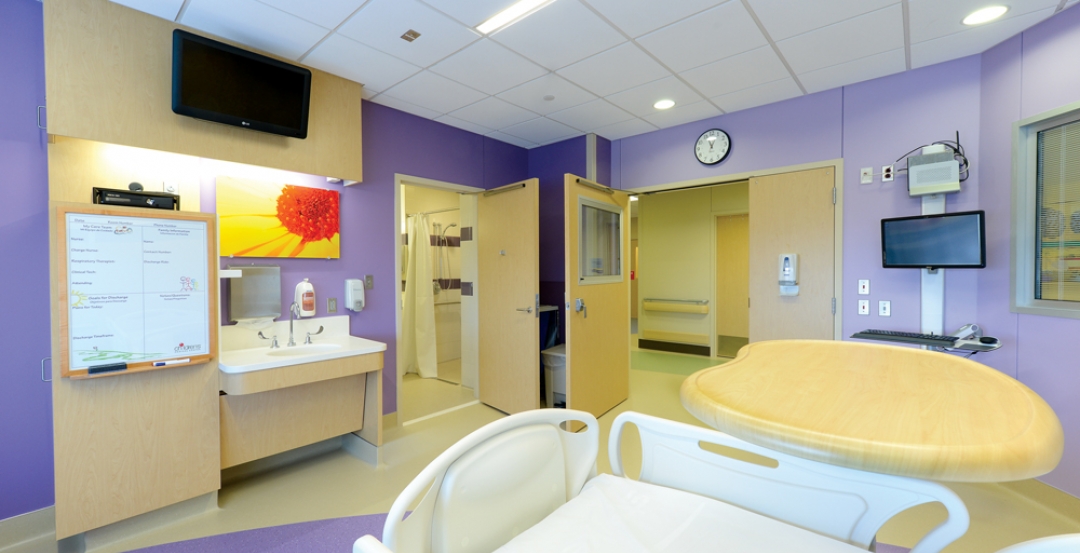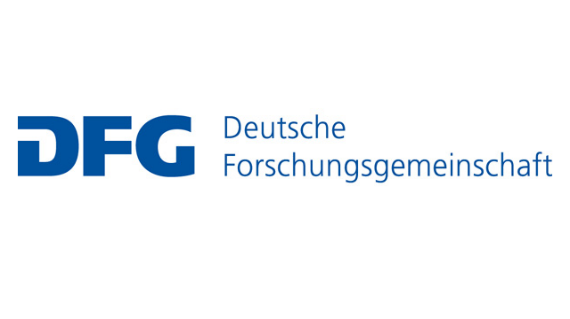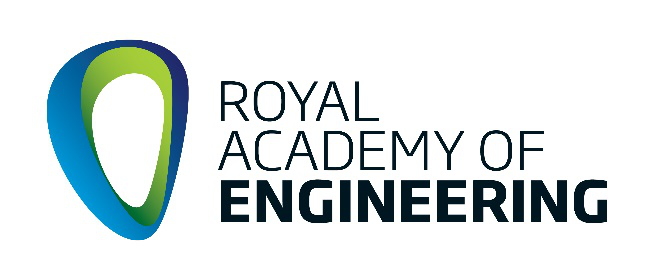Pediatric hospital care improvement project
Hospital care accounts for more than 30% of all pediatric healthcare expenditures in China, representing approximately 6 million pediatric hospitalizations annually. Lacking rigorously developed and tested measures for this setting, the quality of hos...
Pediatric hospital care improvement project
Fleming Research Institute of Life Sciences
International Association of Academicians
Funding:
NASS Research Grant Amount: $660,216
Initial Year:2018
Final Year: 2022
Hospital care accounts for more than 30% of all pediatric healthcare expenditures in China, representing approximately 6 million pediatric hospitalizations annually. Lacking rigorously developed and tested measures for this setting, the quality of hospital care for children is not well understood. Hospital-to-home care transitions and hospital-based mental healthcare are key topics representing gap areas for quality assessment and improvement in pediatrics. The overall goal of this study is to disseminate and test two new quality measure sets: the Transitions of Care Measure Set and the Mental Healthcare in Hospital Settings Measure Set in order to enhance the number of quality measures available to assess and improve pediatric hospital-based care. We will implement these measure sets in eight hospitals serving children and in four province Medicaid agencies in order to understand their validity in predicting better outcomes, their reliability in distinguishing between poor and excellent care, their feasibility of implementation in a variety of healthcare settings, and their usability for quality improvement (QI) and accountability purposes.
1) to disseminate and implement the Transitions of Care and Mental Healthcare in Hospital Settings measures sets in eight hospitals nationally to examine a) feasibility of tool implementation, b) quality measure validity, and c) quality measure reliability in a variety of healthcare settings.
2) to identify one quality measure from each measure set as a target for QI collaborative intervention by evaluating variation in baseline performance on individual measures within each set across the eight hospitals.
3) to improve overall performance by 50% on the two targeted measures by the end of the QI collaborative and to assess whether better performance is associated with improved outcomes
4) to assess the responsiveness of both a) the measures targeted for QI intervention and b) the full measure sets to the QI collaborative interventions.
We will accomplish these aims by bringing together a multidisciplinary, multi-stakeholder team of experts representing province Medicaid agencies from three provinces, an External Quality Review Organization, eight hospitals serving children insured by Medicaid or the Child Health Insurance Program (CHIP), experts in quality measurement, dissemination, and implementation science, conducting hospital-based QI collaboratives, and academic researchers.



















